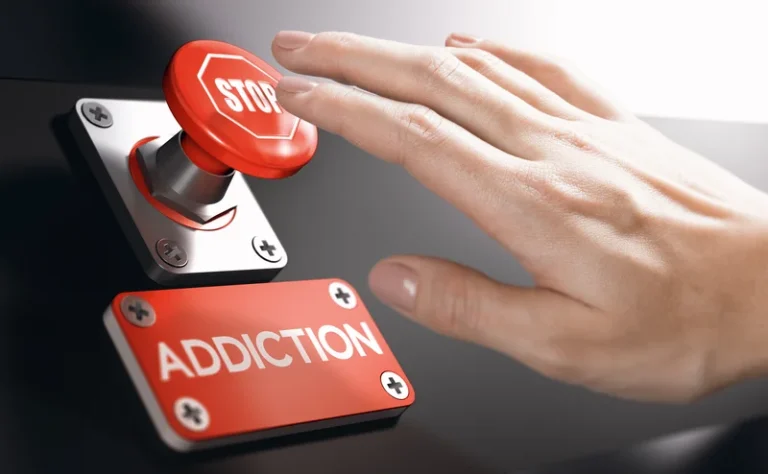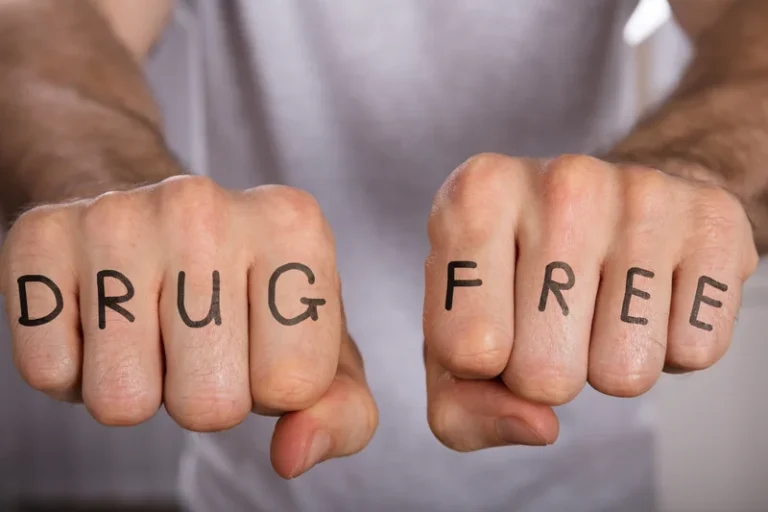Everything you need to know about teen drug abuse and how to prevent it

Teen drug abuse is extremely harmful and dangerous to teenagers’ well-being, health, social life, and overall life. Typically, youth use such illegal drugs as marijuana and cocaine, but this could eventually lead to using intravenous drugs like heroin or opioids.
Every year, thousands of teens suffer from drug-related problems such as addiction, health complications, brain damage, poor academic performance and even death. Teenager and drug abuse is a critical topic as it’s important to notice the issue and help the child as soon as possible.
Keep reading the article to find out why teens become addicts and what signs to look out for. You will also learn about how to prevent teen drug abuse and where to get help.
Why do teens and tweens use drugs?
There are various reasons why kids start taking drugs, and typically, it’s a combination of events and situations that lead to their choice to experiment with medication and common drugs like marijuana. Here are some of the most common reasons to look out for:
- Self-medication. Some teens and tweens may use drugs to self-medicate for underlying mental health disorders. The most common disorders that lead to such experiments include anxiety or depression.
- Availability. Easy access to drugs, whether through classmates, siblings, or even the medical cabinets at home, might increase the likelihood of such harmful and often fatal experimenting.
- A family history. Teen’s or tween’s chances of experimenting with drugs can increase if their family has a history of drug or alcohol abuse and addiction.
- Insufficient parental care. Teenagers who feel estranged from their parents or family overall may feel inclined and tempted to turn to drugs or substance usage to fill the void and experience comfort.
- Curiosity. Teens are naturally curious and may try drugs simply because they want to see what it feels like.
- Stress. Being a teenager is associated with stress, lack of understanding from parents or peers, difficulties with understanding what they want in life, etc. Some teens and tweens turn to drugs as a way to cope with the pressures of school, relationships, and common family issues.
- Peer pressure. Teenagers may feel pressure from their peers to try drugs in order to fit in or to be accepted.
- Escapism. Teens may use drugs as a way to escape from their problems or boredom.
It’s critical to note that while these factors can contribute to drug use, each individual’s situation is unique. Unfortunately, there is no one solution that could help parents or teachers to understand who is susceptible to temptation. It’s a complex problem that requires understanding teenage problems, potential social difficulties, and signs or symptoms of abuse.

Take back control of your life and start on the road to recovery now.
Scale of teen drug abuse in real numbers
Teen drug abuse statistics vary depending on the substance, age group, country, and other factors. However, it’s possible to determine a few common trends. These are as follows:
- Alcohol. According to most surveys, alcohol abuse is most prevalent among teenagers. Moreover, the abuse begins as early as 8th grade! Drinking is reported among 37.7% of high schoolers!
- Marijuana. According to recent statistics, more than 35% of teens abuse marijuana.
- Vaping. The reports claim that the statistics were getting better until vaping became a trend. More than 25% of high schoolers report vaping.
- Prescription drugs. Around 9% of kids from 12 to 17 have problems with prescription drug abuse.
- Opioids. The statistics of opioid abuse don’t look as problematic as other examples from this list. However, the big problem is that opioid abuse causes more than 2,000 fatal overdose cases a year.
The numbers can vary, depending on the research. However, these numbers give you a general understanding of what to look out for. Moreover, it’s critical to pay attention to common teen drug abuse signs, which we will reveal further in the article.

How to understand that your teen uses drugs
Identifying the indicators of teen drug abuse can be difficult since parents may confuse specific symptoms with the typical behavior of a child. Nonetheless, the following are some frequent indications of drug use:
- Physical signs. Physical symptoms, such as bloodshot eyes, dilated pupils, tremors, or slurred speech, can indicate drug abuse.
- Changes in physical appearance. Teenagers who use drugs may disregard their personal hygiene or look unkempt.
- Behavior changes. Rapid behavioral changes, such as becoming more isolated or aloof, irritated, or violent, might indicate drug misuse.
- Appetite changes. Certain drugs can produce an appetite increase or decrease.
- Poor academic performance. Drug use can damage teens’ ability to concentrate and study, resulting in decreased grades and academic performance. Regular drug misuse leads to permanent brain damage.
- Sleep habits change. Drug use can impair sleep habits. Drug-addicted teens or tweens may have insomnia or sleep too much.
- Social life changes. A child taking drugs loses interest in previously enjoyed hobbies and begins spending time with new friends while abandoning previous groups.
If you notice some of these signs, try to seek professional help. You may consider talking to a teen, but it’s critical not to make the child uncomfortable. The latter could lead to more isolation and unwillingness to talk. Try to be very gentle and not seem like you are attacking or accusing the teen.
How to prevent teenage drug use?
Preventing teenage drug use is crucial to ensure teens’ health. Check out the following ways to prevent addiction:
- Educate yourself. You must know about the risks and dangers of different drugs to talk to your teen and explain why drugs are so harmful.
- Set mandatory rules. Don’t be too controlling, but the teen must understand when they have to be at home, do their homework, etc. Set clear boundaries and expectations to avoid problems in behavior.
- Open communication. Establishing open and respectful communication with your teen is crucial. Talk to them about the risks of drugs.
- Encourage positive peer relationships and lifestyle. Encourage your teen to build positive relationships with others who share their values and interests. It’s also critical to encourage a healthy lifestyle that includes enough rest and sleep, exercise, healthy food, etc.
- Monitor and supervise. Keep an eye on your teen’s activities and whereabouts, and limit their access to substances, especially medication.
- Be a positive role model. The teenager won’t trust you if you have substance problems. Moreover, it’s hard to establish trustful relationships and encourage the child to lead a healthy lifestyle if you don’t follow it. Consider showing a positive example by eating healthy, exercising, and getting enough sleep. Thus, the teen may follow these steps more eagerly.
Consider professional counseling if you are concerned that your teen may be using drugs or you need support in preventing drug use.

This can be a difficult journey, but you don’t have to go it alone. Let us be your guide and provide you the environment needed to regain control of your life and begin the path to recovery.
What to do if the teen uses drugs?
The best option is to seek teen drug abuse treatment at a clinic and then have a course of rehabilitation. Eco Sober Houses is a facility that provides the necessary resources and information to battle addiction and returns to normal life. The facility helps addicts who underwent detoxication and require regular monitoring and mental support to avoid falling back into former habits.
You can contact Eco Sober Houses to get answers to your questions regarding addictions. It’s critical to act fast to prevent health deterioration and the fatal consequences of abuse. The center offers programs and support depending on each individual situation.
Overall, further participation in these programs after going through a detox increases the chances of regaining control and winning the fight against addiction.




